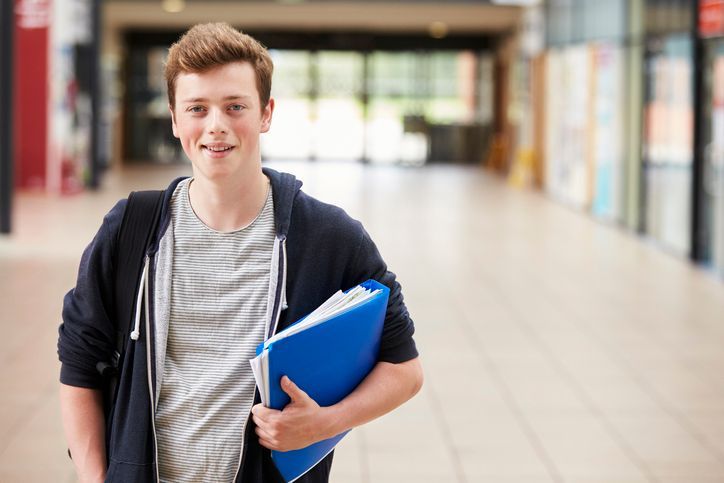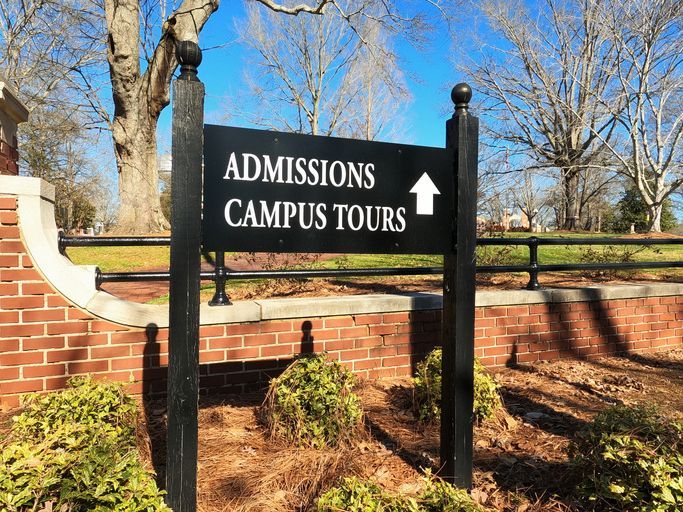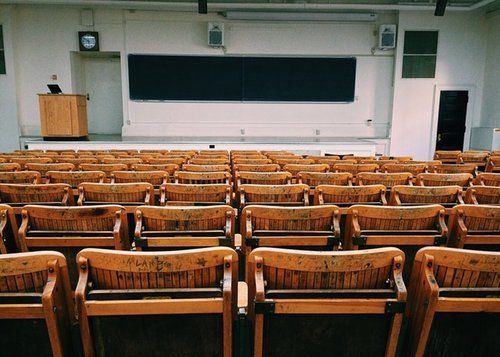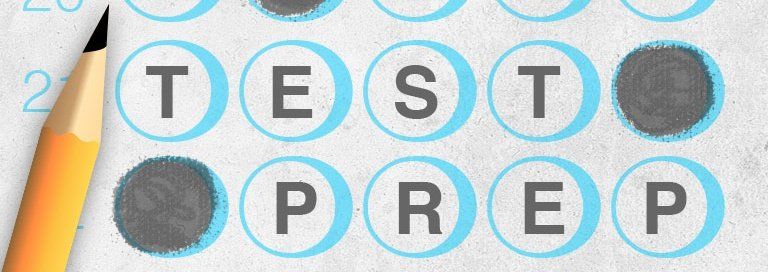This page is licensed under Creative Commons under Attribution 4.0 International. Anyone can share content from this page, with attribution and link to College MatchPoint requested.
Get in touch
Posts tagged Learning Differences
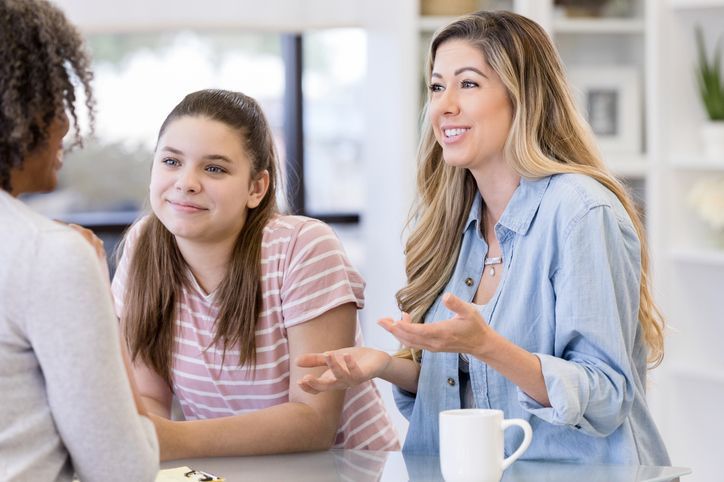
By Abby Hofmeister
•
03 Mar, 2024
Visiting the learning support center should be a priority stop on any college tour, especially for students with learning differences. While services vary widely depending on the school, most offer academic assistance and disability accommodations to help students reach their potential.
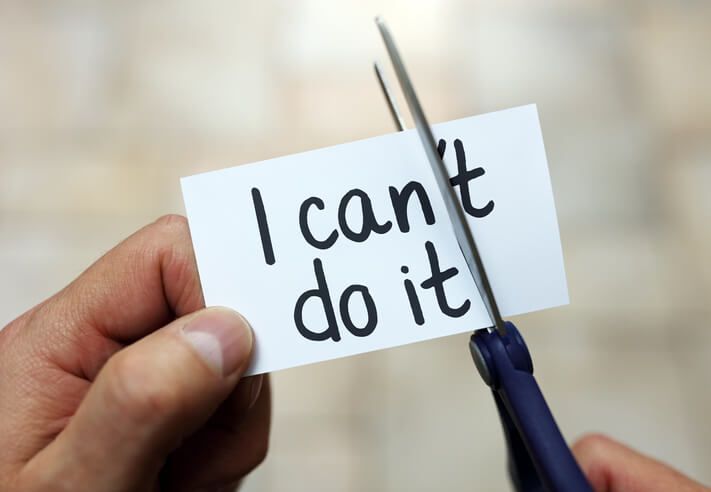
By Bob Carlton
•
03 Feb, 2024
If you're a high school student considering college, you may be wondering what services are available to help you succeed. Many colleges offer learning support centers, which provide academic support and accommodations for students. When touring a college, be sure to ask about the learning support center. Here are three questions to get you started.
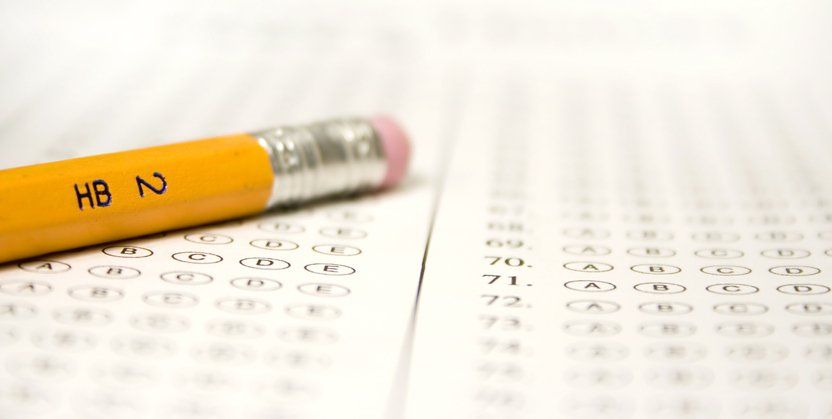
By Bob Carlton
•
29 Dec, 2022
As a parent, you want what is best for your high school student. You may be concerned about the pandemic learning loss and how it will impact your child's future. While it is certainly a cause for concern, there are steps that you can take to help your child recover from the pandemic learning loss. By working together, you can support your high school student and help them get back on track. Here are some tips to get started.
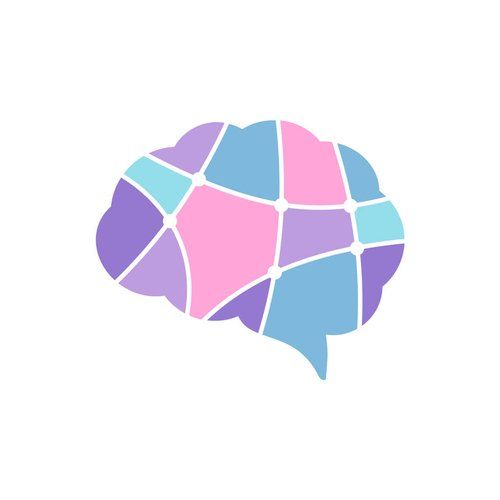
By Josh Neimark
•
24 Dec, 2022
For students with unique learning styles, or who face academic or social challenges, the summer can be an especially great time to build important skills and develop new peer relationships. While many neurodiverse students can thrive in “mainstream” summer programs with the right accommodations, students and their families also have a range of more specialized programs to choose from.

By Josh Neimark
•
03 Jun, 2021
While the biggest predictor of success in college is success in high school, “success” doesn’t mean your student must have achieved straight A’s. As all parents of students with learning differences know, LD students often have to work three or four times as hard as their non-LD peers to make similar grades. Even if your student has accumulated a B- or even a C+ average in high school, they could have academic success in the right college environment with appropriate learning support, as long as they are motivated. When college readiness gets a little murky is if your student has a C- average or below. Then you might consider a GAP year or other option after high school to increase their academic readiness. In general, you can think of college readiness as a student’s ability to hang out in the B category overall - not necessarily in every subject. With every LD student, we know there are going to be academic challenges. That’s not the student’s fault. The trick is to find the places where your student has had success in high school - the “wins” - and build on them. You’ll want to ensure your student has had enough academic wins in high school to be ready for college. Here are 6 types of “wins” that can indicate students are ready for the demands in college: They are completing their homework and turning it in on time without parent or tutor reminders. They are asking teachers for help when they don’t understand something (self-advocacy) - or, they have a workaround for asking a teacher for help, such as a tutor that they engage with, not mom or dad. They are excited about one or more academic subjects or classes they’re taking or have taken. They can read and write at grade level. They can schedule their own appointments and show up on time without parental involvement. Their grades are holding steady or trending upward while they’re taking the same level of coursework. Some of these skills are easier to determine than others. It may be helpful to get an outside opinion from an expert who can give you an honest view of your student to help you evaluate college readiness. If you can pay for outside help it’s usually better because it’s easier to get an objective opinion. Here are some professionals to consult for help in determining your teen’s college readiness: School counselor: Just be aware that how helpful this person is can depend a lot on the school. Sometimes school counselors take the path of least resistance and underestimate the abilities of LD students. Learning specialist: if your student has a learning specialist who works closely with them on academic skills, the specialist will have an idea of how ready your student is for college. Hopefully, that person has been working with your student to strengthen these skills. Tutor: Checking in with your student’s tutor to see if your student’s self-advocacy and organizational skills have been progressing may be helpful to give you additional insight. Educational psychologist: Since many times you will be having your student retested in high school to qualify for accommodations during standardized testing and in college, it’s a great time to have a conversation with the educational psychologist about college readiness. If ultimately you determine that your student isn’t quite ready for college, try not to worry. There are plenty of ways for your teen to build the necessary skills they need to be college-ready during a gap year.

"College MatchPoint helps steer and advise you from beginning to end of the college search and application process. They take what can be a very stressful time and break it down into smaller, manageable pieces. Bob, Lisa and their staff support their student clients, enabling them to find the best fit. You can trust that the process will work; it did for all 3 of my very different kids."
— Ellen Miura
Subscribe
Sign up with your email address to receive news and updates.
Email signup
Thank you for contacting us.
We will get back to you as soon as possible.
We will get back to you as soon as possible.
Oops, there was an error sending your message.
Please try again later.
Please try again later.
© 2024
ALL RIGHTS RESERVED | COLLEGE MATCHPOINT | SITE BY FIX8


